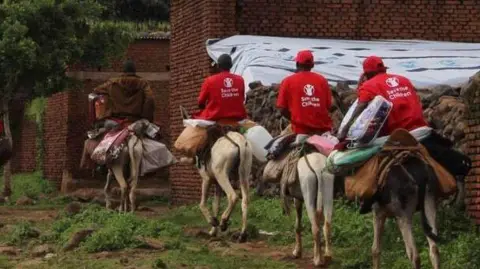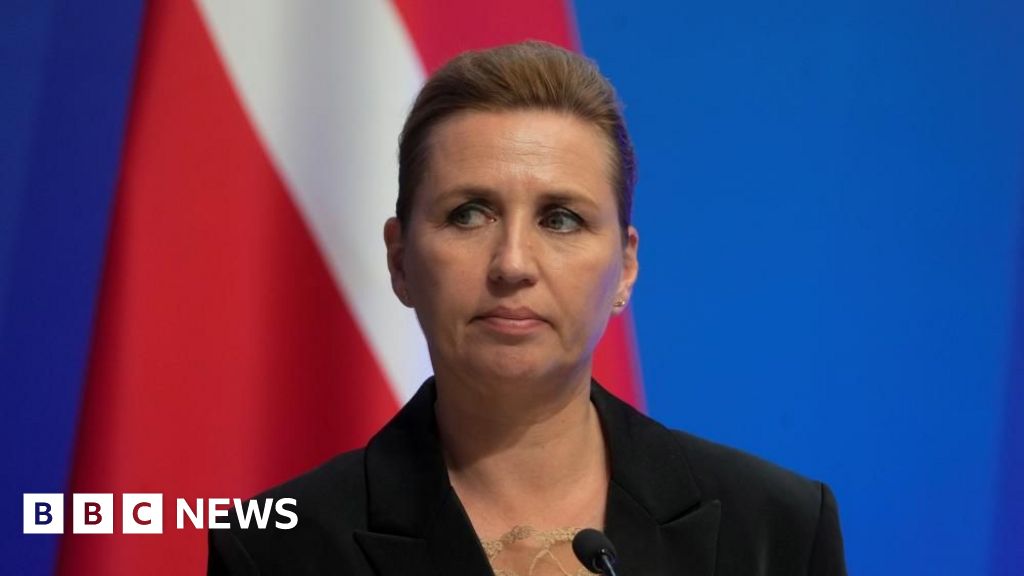The Trump administration's freeze of foreign aid for 90 days has severe repercussions for global health and humanitarian efforts, affecting millions who depend on this support. Once a lifeline for vital services such as H.I.V. medications, maternal healthcare, and nutritional support for children, this cut has disrupted a fragile network of organizations.
With the U.S. Agency for International Development (U.S.A.I.D.) shrinking its workforce to merely 5 percent of its capacity, as proposed by the administration, a cold reality is setting in. Although a federal judge has recently paused these plans, many anticipate a long-term disruption. Aid organizations, both large and small, are experiencing a cascading effect of layoffs and furloughs. The immediate aftermath has left specialized teams grappling with uncertainty, unable to perform crucial functions in a landscape marred by ongoing global conflicts and economic crises.
Mitchell Warren, executive director of AVAC, a health organization, emphasized the fragility of the current situation: “You pull one of those blocks out, and it collapses." This sentiment echoes among many aid workers and former employees, highlighting how quickly hard-earned trust and institutional knowledge can disintegrate.
Smaller organizations, including those with only ten employees, face closure, while larger entities like Catholic Relief Services cut back on programs, leaving many without necessary resources. Reports from over 25 aid workers underline the chaos, indicating that the withdrawal of U.S. funding impacts not only the aid organizations but also the fragile economies of recipient countries that cannot fill this funding void.
The long-lasting implications of these cuts are yet to be fully realized. Countries grappling with debt and economic turmoil now find themselves in an even more precarious position. As vital support systems collapse, the global community watches closely, recognizing the critical role the U.S. has played in international aid. The current turmoil calls for urgent dialogue on the sustainability and direction of foreign aid, especially during unpredictable global crises.


















